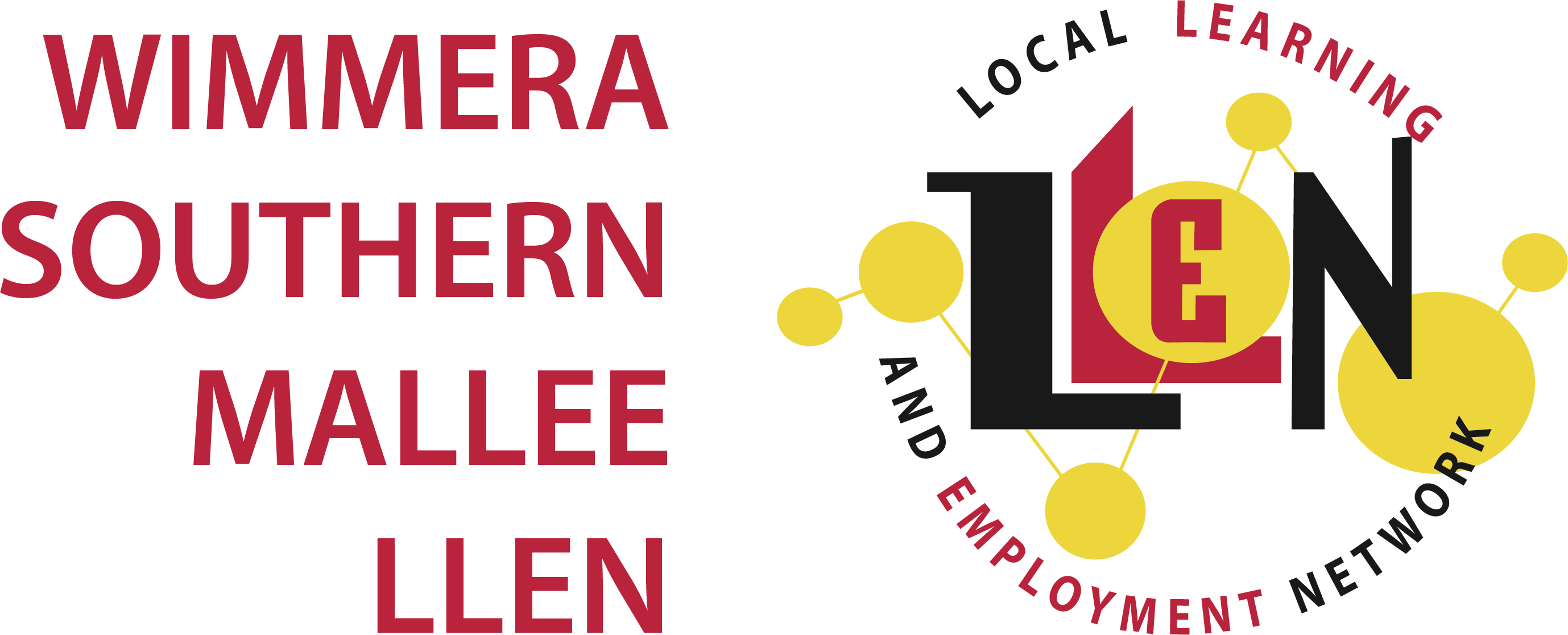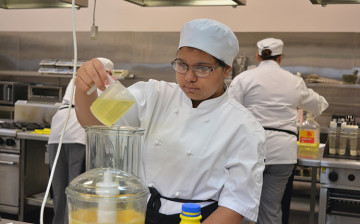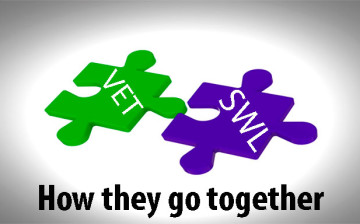Head-start to a Career
Getting a head-start into a career is one of the benefits for students who undertake a Vocational Education and Training (VET) course while completing their secondary studies. VET courses are available to students in years 10–12 and can contribute to the student’s VCAL Certificate or VET Certificate. Some courses also contribute to a VCE ATAR score. This means that students can complete their secondary schooling with a Certificate 1,2 or (sometimes 3) qualification and this is a great head-start into a career.
Students then have options to take on apprenticeships, traineeships, further study or go into the workforce, and in many cases, this qualification gives a student an advantage in securing a position in their chosen career.
Mackenzie Marra, from Horsham College, is a set on becoming a chef when he leaves school and is one of many young people wanting a career in the kitchen. He is certainly giving himself the best possible start by completing VET Kitchen Operations as part of his senior schooling. In this course, Mackenzie is learning skills that will be a valuable asset to any business in the hospitality industry. With safe food-handling skills, and experience cooking in an industry-standard kitchen for large groups and organisations, Mackenzie will finish his course already having worked in a fast-paced, work environment.
Sarah Kennedy from Edenhope College knew before she started her VET Kitchen Operations course that she liked cooking. Completing this course has just confirmed her love of it. She always thought music would be her destiny, but has decided hospitality might be her career pathway with music on the side. Kitchen Operations teaches students a wide variety of skills and techniques. Learning to cook all sorts of styles and to different dietary requirements is all part of the fun. These life skills will not be wasted on anyone who decides to complete the course, in fact, Sarah would highly recommend completing VET Kitchen Operations regardless of your chosen vocation. These skills will be useful in all aspects of your life.
Pictured: Sarah Kennedy, Edenhope College


